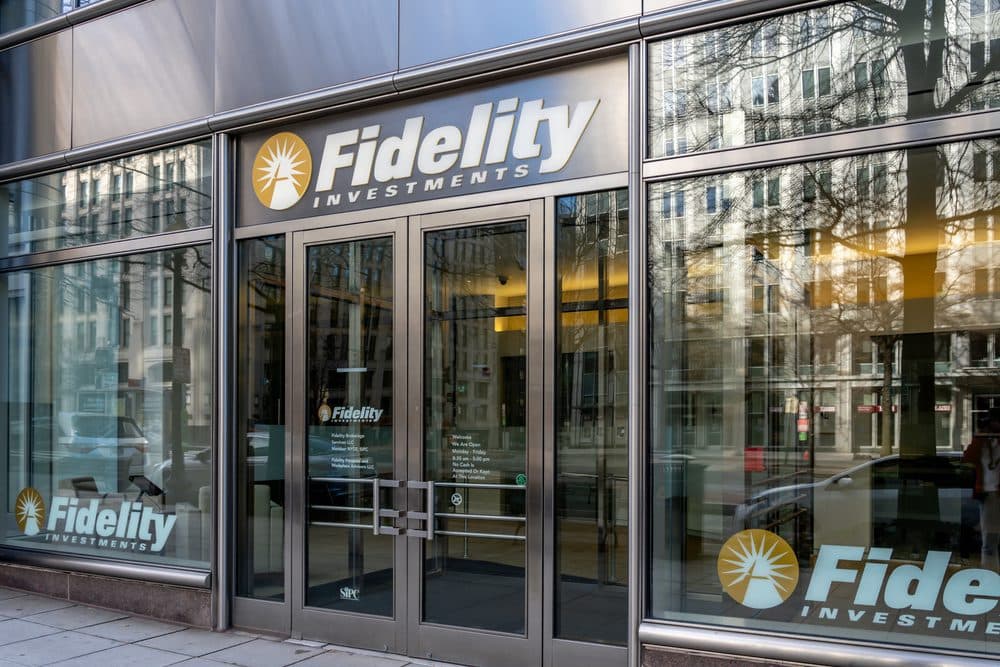Fidelity’s Digital Assets Division Reportedly Plans to Boost Staff
Arm of financial services titan with more than $10 trillion of customer assets looking to expand crypto services.

Source: Shutterstock
- Fidelity Digital Assets reportedly plans to capitalize on rising ether demand, expand trading services
- Firm becomes latest company exploring ways to leverage DeFi, tokenized assets, and other blockchain capabilities as institutions look beyond traditional finance
Fidelity’s digital assets arm is reportedly looking to up its headcount and expand its offerings as institutional investors continue allocating to cryptocurrencies.
The company is hoping to add 100 people specializing in technology and operations, Tom Jessop, president of Fidelity Digital Assets, said in an interview with Bloomberg. The additional workers would be based in Boston, Dublin and Salt Lake City.
“The fact that Fidelity is expanding its crypto team signals that demand is rising more broadly to the blockchain sector as a whole,” Barry Finkelstein, head of business development at Algorand, told Blockworks. “All signs point to more asset managers getting involved.”
Fidelity Digital Assets began to research and development efforts in 2014, started mining bitcoin in 2015, and tested its first wallet and storage solution with employees in 2016, according to the firm’s website. The firm is focused on providing services to allow institutions to store, transact and support their digital asset investments.
Jessop told Bloomberg that Fidelity Digital Assets, which has offerings around Bitcoin, wants to “be ahead of [ether] demand,” and also wants to allow crypto trades throughout more of the week.
A firm spokesperson did not immediately respond to Blockworks’ request for comment.
“As institutions look beyond traditional financial offerings to service both retail and institutional customers, companies like Fidelity are exploring the best ways to leverage DeFi, tokenized assets, and other blockchain capabilities,” Finkelstein added. “Traditional finance can no longer ignore crypto or other blockchain utilizations, and will continue to evolve to provide value to customers while maintaining profits.”
The news comes as more large financial services companies are building out units focused on the crypto space.
State Street, which oversees $40 trillion in assets, launched a new division last month focused on the shift to digital finance, while Bank of America revealed last week that it is set to begin research coverage of cryptocurrency and digital assets.
PayPal and Visa have also put more resources toward crypto. The latter company recently announced new hires and promotions to teams focused on partnering with exchanges, wallets, and platforms to help them issue Visa cards, as well as helping banks integrate crypto features.






